Why is nostalgia in videogames so common? The reason is simple: people always gladly pay for something they are already familiar with, albeit in a new wrapper. Games are no exception.
Technologies are developing, the screen picture is becoming clearer, and special effects are getting more beautiful while the characters of pop culture remain the same. This appeals to the forty-year-old audience that used to play the same games in their childhood. We at Melior Games decided to analyze this in a little more detail.
Nostalgia vs Development
The number of remakes and sequels in the video game industry is growing every year. Disney has been making Kingdom Hearts since 2002, releasing the third part recently. Ubisoft, which released Far Cry: New Dawn and Anno 1800 not long ago, has been working on the same series since 2004 and 1998. Besides, new parts of Mortal Kombat, Tropico, Titan Quest, Total War, Wolfenstein have been released, given that these games come from the 20th century. One or even two generations have changed since then, but people still enjoy playing them. In fact, this enjoyment is caused by memories of how good it was to play the first game part when we were young.
In particular, legendary games are reproduced from time to time, their graphics updated for new consoles. Resident Evil 2 became the first remake of the 1998 product with fully updated graphics and high resolution. Gamers highly appreciated it, which provided the studio with a good income. In June, Quake 2 RTX was released specially for the new video cards from Nvidia. Then, an updated version of Crash Team Racing: Nitro-Fueled followed.
In July, Bethesda Softworks released its game on a portable platform. This time, the hands of the developers reached the first three parts of DOOM. For the 25th anniversary of the series, they were transferred to the Nintendo Switch, which took fans by surprise.
The top of this nostalgia parade was the release of World of Warcraft Classic servers in late August. Fans of the series have long asked the company to launch a separate server for the “classics”, but its representatives said: “You think you want this. In fact, you don’t.” As a result, the game was watched by 1.2 million people only on Twitch, so that there was not enough space on the servers. In the early days, there was even a queue on the site for renewing the game subscription.
Nostalgia video games have developers work on creating remakes the audience loves so much, and it brings fast and high profits to the companies.
What Causes Nostalgia for Videogames
The fact is that having started a new game, 10% of gamers do not reach the end. The situation is the opposite when it comes to nostalgic video games. Today, a typical gamer is an average 37 years old person. As a rule, it is a family man with a career, who has an emotional connection to a new-old game. He has no time to master a new game but a great desire to once again feel like a kid or teenager he was in the 90s.
Most Popular Cases of Nostalgia in Videogames
The Crash Bandicoot series (1996-1998)
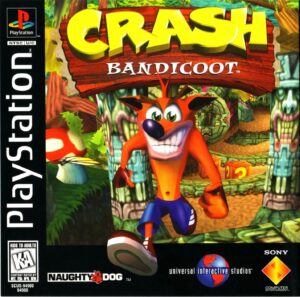
Pokémon Stadium (1998)
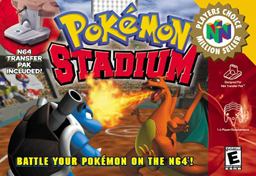
Spyro the Dragon (1998)
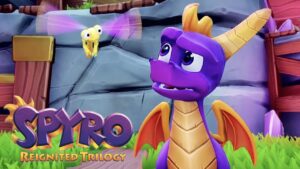
Mario Kart 64 (1997)
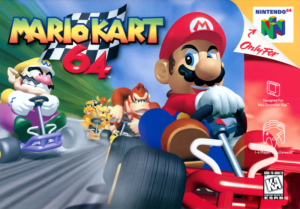
Prince of Persia: The Sands of Time (2003)
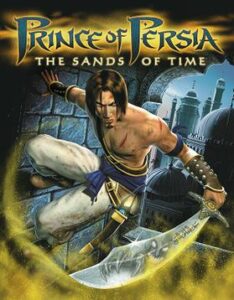
The Sims (2000)
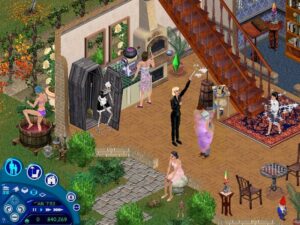
Digimon Rumble Arena (2002)
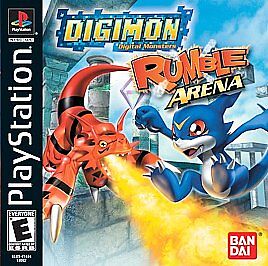
Super Mario 64 (1997)
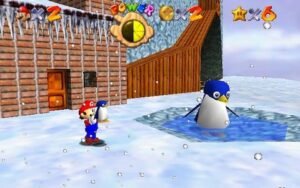
Diablo II (2000)
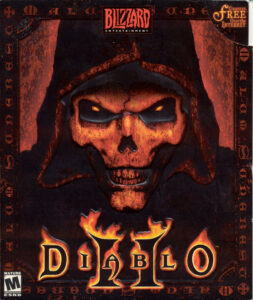
Mortal Kombat: Deception (2004)
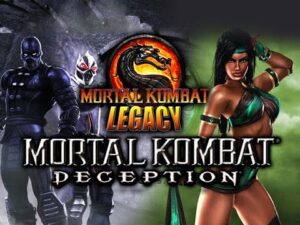
Pokémon Snap (1999)
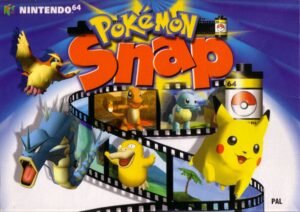
Sonic the Hedgehog (1991)
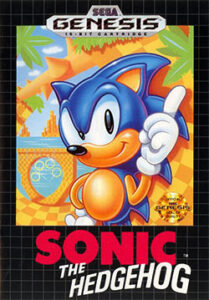
Nostalgia for videogames is a good idea for a successful startup. At first glance, it seems that both large and small companies are just earning on people’s memories of childhood. And they really do, but only partially: remakes would not become so popular if players did not want to take a trip to the past. Melior Games is ready to implement any of your ideas based on nostalgia in videogames.
